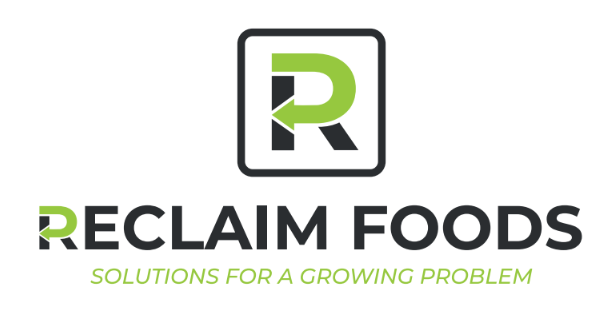Food waste is a global challenge that affects both the environment and the economy. In the supply chain, food waste occurs at various stages from production to retail and consumption. This problem is particularly pronounced in developed countries, where high levels of production and consumption often result in large quantities of waste. In Australia, it is estimated that approximately 4 million tonnes of food waste occur annually in the supply chain.
In order to address this issue, innovative approaches are needed to reduce food waste in supply chains. One promising approach is the use of technology, such as sensors, to monitor food quality and freshness throughout the supply chain. This can help to identify and address issues before they result in waste, and ensure that food is transported and stored at the right temperatures to maintain freshness.
Another approach is the implementation of more efficient supply chain management processes. This includes better coordination between different stakeholders, such as producers, wholesalers, and retailers, to ensure that food is distributed more effectively and efficiently. This can reduce the risk of food being left unused or unused at the end of its shelf life, which is often a major contributor to food waste.
In addition, improved communication and transparency in the supply chain can help to reduce waste. For example, retailers can work with suppliers to identify which products are most likely to go to waste and take steps to reduce the risk. This may involve reducing the size of orders or changing the timing of deliveries to better align with demand.
Finally, the use of innovative packaging solutions can also help to reduce food waste in supply chains. For example, the use of smart packaging with integrated sensors can help to monitor food quality and extend shelf life. This can help to reduce waste by ensuring that food is kept at the right temperature and is fit for consumption for a longer period of time.
In conclusion, reducing food waste in supply chains is a complex challenge that requires a multi-faceted approach. Innovative technologies, efficient supply chain management processes, improved communication and transparency, and innovative packaging solutions all have the potential to help address this issue and create a more sustainable and efficient food supply chain. By taking these steps, we can ensure that food is produced and consumed more sustainably, reducing the negative impacts of waste on the environment and the economy.

